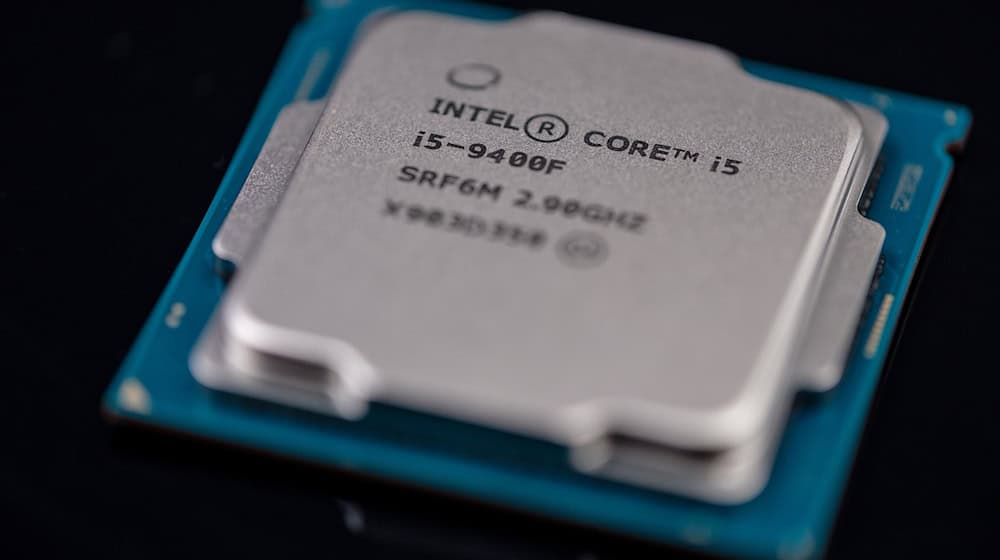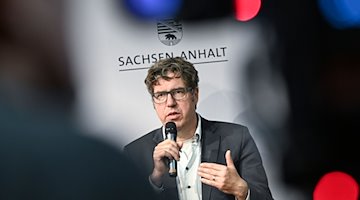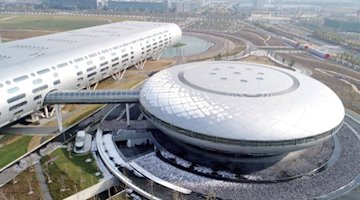The US chip manufacturer Intel has announced that the construction of its chip factory in Magdeburg will be postponed by two years. Originally, the ground-breaking ceremony was to take place this year, with production expected to start around 2027. This affects not only the planned 3,000 jobs, but also the approximately 30 billion euros that were to be invested in the project. The question now is what to do with the state subsidies of almost 10 billion euros that the German government had provided for this project.
The decision to delay construction was announced by Intel CEO Pat Gelsinger. The company is currently struggling with financial losses and has initiated an extensive cost-cutting program, which includes the reduction of 15,000 jobs worldwide. In addition to Magdeburg, this also affects a planned plant in Poland.
This development not only calls into question the issue of state support, but also the objectives of the EU Chips Act, which was intended to secure Europe's technological sovereignty in the field of semiconductor production. Frank Bösenberg, Managing Director of the Silicon Saxony network, believes that the European chip strategy is at risk: "Without Intel in Magdeburg, the lighthouse project in Europe is missing for the time being. The goals of the EU Chip Act will not be achieved. Neither a European market share of 20 percent nor the desired technological sovereignty through semiconductor production below 10 nanometres seem realistically achievable by 2030 from today's perspective."
Bösenberg also criticized the current discussion about the use of the federal funds provided. Federal Finance Minister Christian Lindner is calling for these funds to be used to resolve outstanding financial issues in the federal budget. "Sound public finances are important. But using the funds to reduce unresolved financial issues in the federal budget is not a forward-looking and responsible policy," says Bösenberg. Instead, he calls for the time to be used to develop a national semiconductor strategy with an industrial policy impact.
The delay to construction in Magdeburg is hitting the European semiconductor industry hard, as the plant was seen as an important symbol of the upturn in chip production in Europe. Intel had planned to use modern production processes with the factory in order to catch up with competitors such as TSMC from Taiwan. However, analysts see the global competitive environment and dependence on Asian semiconductor producers as a matter of national security. TSMC is currently locating in Dresden.
The future of the factory remains uncertain while approval processes continue in Saxony-Anhalt. The building application comprises more than 2,000 pages and the permit was only granted a few weeks ago. How the German government and the EU now react to the new developments will be decisive for the future of Europe as a semiconductor location.










